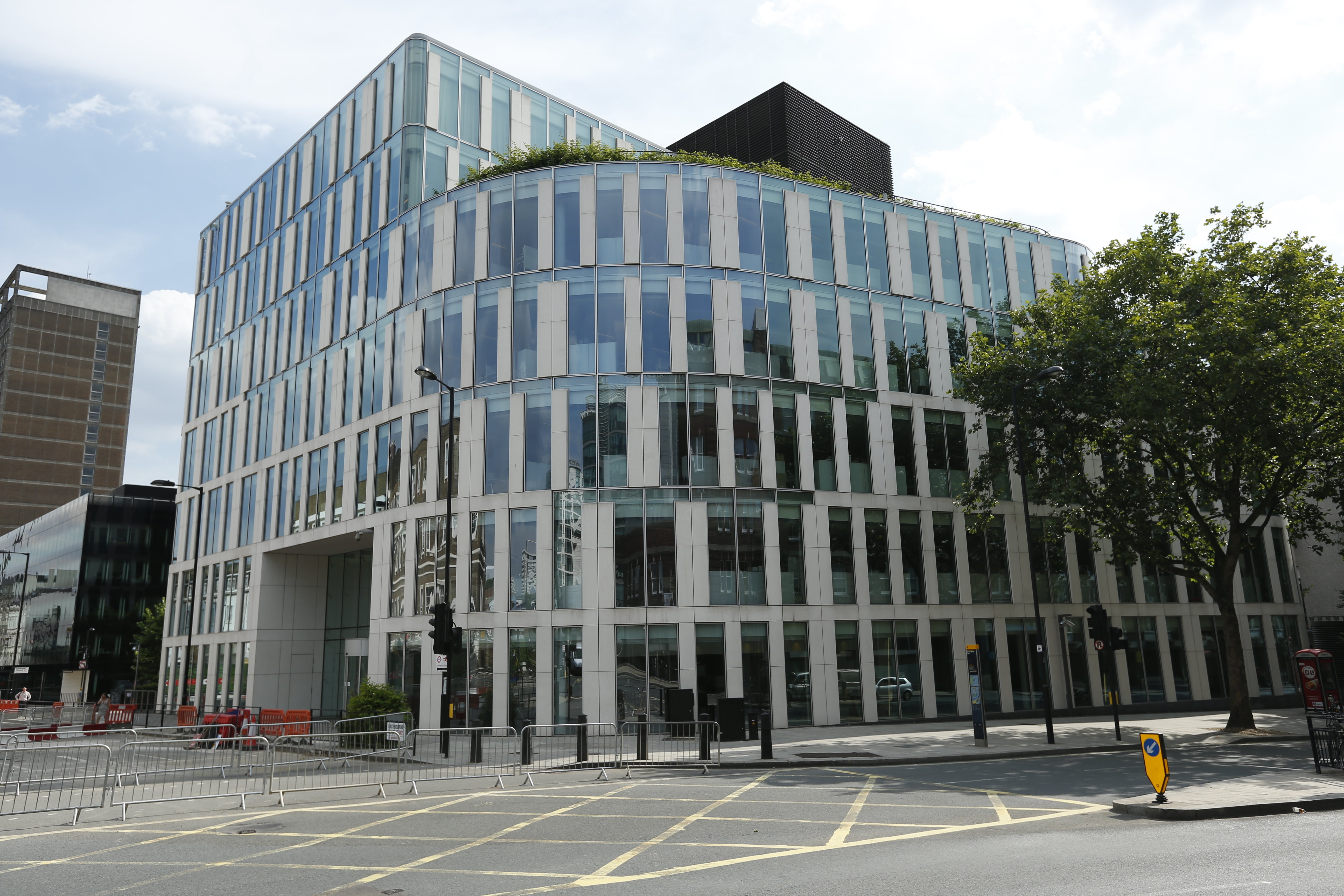Minister who criticised Rio Tinto after Juukan Gorge demolition to join board
The company’s decision to destroy ancient rock shelters in Australia has angered communities and forced Rio’s chief executive to stand down.

Your support helps us to tell the story
From reproductive rights to climate change to Big Tech, The Independent is on the ground when the story is developing. Whether it's investigating the financials of Elon Musk's pro-Trump PAC or producing our latest documentary, 'The A Word', which shines a light on the American women fighting for reproductive rights, we know how important it is to parse out the facts from the messaging.
At such a critical moment in US history, we need reporters on the ground. Your donation allows us to keep sending journalists to speak to both sides of the story.
The Independent is trusted by Americans across the entire political spectrum. And unlike many other quality news outlets, we choose not to lock Americans out of our reporting and analysis with paywalls. We believe quality journalism should be available to everyone, paid for by those who can afford it.
Your support makes all the difference.Mining group Rio Tinto has asked a former Australian state Aboriginal affairs minister to join its board after facing a publicity storm in the country over its destruction of an ancient site.
Ben Wyatt will join the company as a non-executive director on September 1, Rio Tinto said.
He has been both Aboriginal affairs minister and treasurer in the Western Australian Government.
Mr Wyatt was in his former role in September last year after Rio Tinto blew up rock shelters at Juukan Gorge belonging to traditional owners.
The 46,000-year-old shelters were seen as among the country’s most important archaeological sites.
The public outcry over their destruction eventually led to the departure of several senior Rio Tinto employees, including chief executive Jean-Sebastien Jacques.
Mr Wyatt was at the time scathing of Rio Tinto, saying it was “fearful” of engaging with Pilbara, a region of Australia where the company gets much of its profit.
“A vast distance has emerged between Rio’s board in London and the Pilbara,” he said, according to ABC while proposing new laws to replace those that Rio used to blow up the shelters.
“What has happened with Rio Tinto, they have a great absence in the Pilbara now, they don’t have an understanding of the community in which they generate the vast majority of their earnings.”
After Rio announced he would join its board, Mr Wyatt said: “I have deep respect for the resources sector in Australia and have long been impressed with the professionalism and commitment demonstrated by Rio Tinto.
“I was deeply saddened and disappointed by the events at Juukan Gorge but I am convinced that Rio Tinto is committed to changing its approach to cultural heritage issues and restoring its reputation, particularly in Australia and Western Australia.”
Rio Tinto chairman Simon Thompson said: “With family links to the Pilbara and an impressive track record in public life, Ben’s knowledge of public policy, finance, international trade and Indigenous affairs will significantly add to the depth of knowledge on the board at a time when we are seeking to strengthen relationships with key stakeholders in Australia and around the world.”
Australia-based directors of Rio Tinto are normally paid £105,000 a year and can make tens of thousands more if they sit on a board committee.